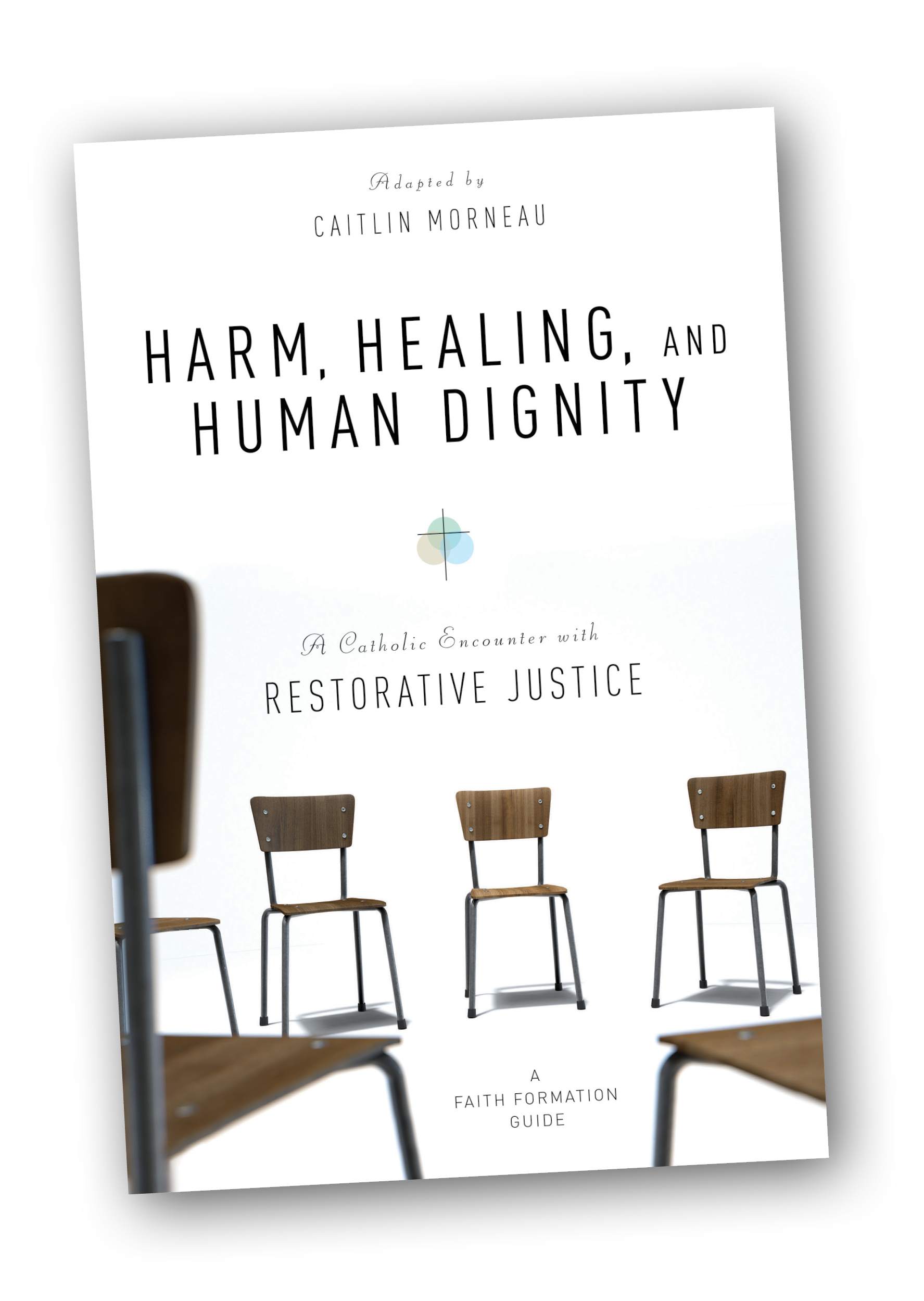Second Week of Lent: When We Experience Harm
Second Week of Lent: When We Experience Harm
“Suddenly, looking around, they no longer saw anyone but Jesus alone with them.” (Mark 9:2-10)
In Sunday’s Gospel, Saint Mark speaks of the Transfiguration of Jesus, but it is clear that the apostles were transfigured also. One moment they are basking in the vision of Jesus and their ancestors, Elijah and Moses, and the next they see only Jesus. And yet, we know from the remainder of Mark’s Gospel, that vision of Jesus would sustain them in the difficult days to come.
When we experience harm, we too need to remain focused on Jesus and his call to forgiveness and reconciliation. But as Pope Francis assures us in Fratelli Tutti, that call does not mean we must continue accepting hurt or “ignoring our need for healing.”
“We are called to love everyone, without exception; at the same time, loving an oppressor does not mean allowing him to keep oppressing us, or letting him think that what he does is acceptable. On the contrary, true love for an oppressor means seeking ways to make him cease his oppression; it means stripping him of a power that he does not know how to use, and that diminishes his own humanity and that of others.
Those who suffer injustice have to defend strenuously their own rights and those of their family, precisely because they must preserve the dignity they have received as a loving gift from God. If a criminal has harmed me or a loved one, no one can forbid me from demanding justice and ensuring that this person – or anyone else – will not harm me, or others, again. This is entirely just; forgiveness does not forbid it but actually demands it.” (Fratelli Tutti 241)
Video: Victim Offender Dialogue (Time:4:30)
A “Victim Offender Dialogue” is a facilitated meeting that brings together person(s) who caused a harm, person(s) who suffered the harm, and community members to discuss the impacts of the incident and what needs to be done to make it right.
We invite you to view the video below from the Colorado Organization for Victim Assistance to see an example of what such a process might look like.
Reflection and Sharing
- Can you imagine participating in one of these dialogues? Why or why not?
- What surprised you in the victim offender dialogue process?
Restorative Justice and Catholic Social Teaching: Option for and with the Poor and Vulnerable
The option for/with poor and vulnerable people calls us to prioritize those who are marginalized by violence, crime, incarceration, and systemic oppression. By asking the question “who has been harmed?” restorative justice puts the experiences and voices of those most impacted at the center of the process.
When crime has occurred, this means giving the victim(s) a meaningful voice in the outcome and calling upon the person(s) who caused harm to make amends for the damage they caused.
Reflection and Sharing:
- What does “poor and vulnerable” look like in our time? Who is “poor and vulnerable”?
- Call to mind a time that you were harmed? What did you need in order to find healing?
- The apostles saw with new eyes after the Transfiguration. What are you seeing with new eyes as you look at restorative justice?
Prayer
Dear Lord, we pray for victims of violence and their families, that they may experience our love and support and find comfort in your compassion and loving embrace. We hold in prayer all the times that we have experienced harm in any form. Grant us the courage to seek out restorative encounters to bring about your vision of healing and unity that we, your people, may no longer be divided by our brokenness. Help us practice forgiveness in the small things, so that we may embody your spirit of healing and restoration in all things.
Next Steps
1. Read Top 5 Myths of Forgiveness: A Catholic Perspective
2. Read the third chapter of Harm, Healing, and Human Dignity in preparation for Week Three

Restorative Justice in Light of the Lenten Gospels is a weekly Lenten series that follows along with Catholic Mobilizing Network’s faith formation guide, Harm, Healing, and Human Dignity: A Catholic Encounter with Restorative Justice (Liturgical Press, 2019).
